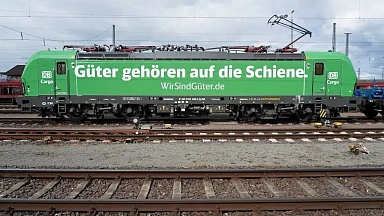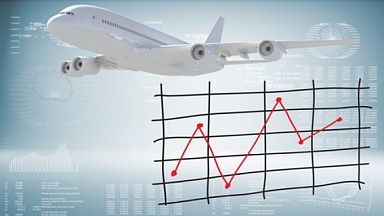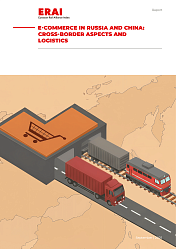Since integrating Damco in 2020, the Maersk Group has been quietly building up an image of itself as a global logistics operator rather than as a simple regular line shipping company. For the last year, it has been pursuing a targeted acquisition strategy, directed at forwarding and e-commerce companies.
According to recent media reports, it is preparing to take this strategy a stage further with a plan to only handle freight from direct shippers rather than via forwarders. Brought together, the pieces of the jigsaw are starting to form a clear image. If the group proceeds with its plan, Maersk will be seen as having deliberately crossed the Rubicon.
This strategy has the merit of being clear and very readable for market operators. Maersk has never hidden its interest in big direct shippers. It has just provided a new illustration of this by signing a strategic partnership with Danish Crown. On the other hand, MSC has always adopted a pro-forwarder position and built its remarkable organic growth on this segment of the market. That said, it could raise eyebrows with the European competition authorities.
In March 2020, the European Commission authorised a four-year extension of the exemption from competition law which allows liner shipping consortia to pool their resources. The rules are very clear, however. This concession comes with an obligation on the shipping companies to keep their marketing and sales policies well apart. In the event that there is an investigation, it will be difficult for the Maersk group to explain that it is no longer a shipping company.
Maersk’s strategy of no longer accepting certain types of clients could lead to questions about its respect for current operating rules. More generally, it may raise the issue of refusal to sell, particularly on certain virtually captive controlled-temperature markets.
From a more global standpoint, it can be seen that war has now been openly declared between the big freight forwarders and the big shipping companies, which are clearly looking to turn themselves into multi-service transport and logistics operators. The time has perhaps come for those who have to find the capital to invest in ships, containers and terminals to take their revenge on the proponents of an ‘asset light’ business model who have been able to take advantage of prevailing market conditions for nearly three decades.
A major change in contractual relations
The growth of e-commerce, digitalisation, and the energy transition have forced transport operators to make massive investments, pushing them towards greater specialisation and necessarily longer-term contractual relationships.
This is another reason for Maersk’s decision to reposition itself on the market as a means of responding to and anticipating the transport and logistics challenges of the future.
The rapid development of e-commerce has upset the balance of forces in the retail sector. Maersk, which is a very big player, now needs to set up direct links with the big e-commerce operators if it wants to stay in competition. Its new structure will facilitate this change of direction without it having to go through intermediaries like forwarders.
Digitalisation, which is accelerating fast in all areas, is expensive, takes time and requires a great deal of operational agility before it brings any real operational gain. The heavy investment it entails is incompatible with short-term engagements on the part of clients.
The greening of shipping is no longer an option. Maersk group chief executive Soren Skou understood early on that the shipping companies would be called on to play a locomotive role in the management and optimisation of their own, as well as their clients’ emissions, via a ‘financialisation’ of emissions which would be controlled by the big operators. In this area, too, there is a need for long-term visions and commitments which can only be integrated into a relationship without intermediaries.
As regards the future of the 2M alliance following this announcement, we see Maersk taking a high-tech approach with long-term commitments as it continues to innovate and invest in its new role as a global logistics provider, while MSC will find its relevance in short-term commitments at full price with freight forwarders.
This ‘good cop/bad cop’ strategy being pursued within a single alliance would allow the two companies to cast their nets wide on a disorientated market, which is under pressure and constrained as it has never been before in the modern-day history of containerisation.




